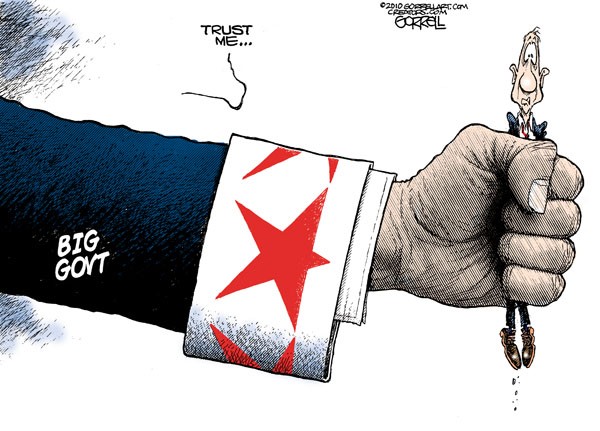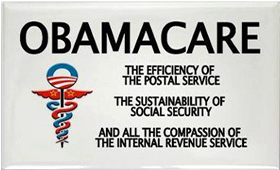McAuliffe: I Don’t Want Dems Making ‘False Promises’ Like Free College
By Cameron Cawthorne • Washington Free Beacon Former Democratic Gov. Terry McAuliffe (Va.) on Monday said he doesn’t want Democrats going out on the campaign trail in 2020 making “false…


